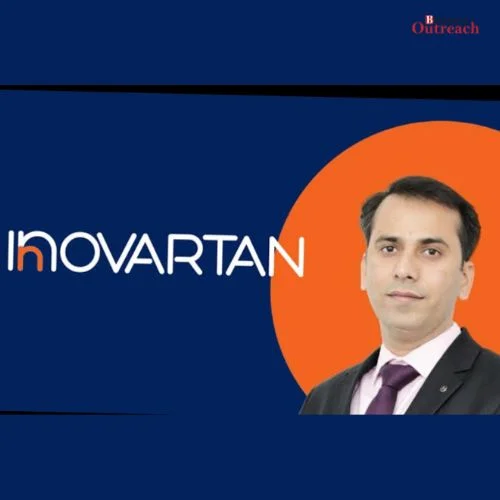Most of India’s edtech unicorns’ valuations seem to be off as they prepare for slower growth after raising capital at extremely high revenue multiples until the first half of 2022.
Data compiled by Moneycontrol through Tracxn Technologies shows that edtech startups like Doubtnut, Leap Scholar, Classplus, and Teachmint raised money at historically high revenue multiples ranging from 100 to almost 5,000 as of FY22.
Teachmint had the largest revenue multiple, close to 5,000. According to the data, the company had $96,595 in revenue and was valued at $500 million in March 2022. Revenue for FY22 for Doubtnut was $1.5 million (Rs 10.8 crore), up from the $2.5 million round of convertible notes that it had previously raised on in March 2022. Revenue for FY22 for Doubtnut was $1.5 million (Rs 10.8 crore), up from the $2.5 million round of convertible notes that it had previously raised. Before that, according to statistics from Tracxn, Doubtnut raised $32 million in January 2021 at a revenue multiple of 382.
Online education is declining.
The data is crucial because over the previous two years, funding for the edtech sector has drastically dried up, mostly as a result of difficult macroeconomic conditions and a noticeable decline in demand for technologically based educational solutions. From $5.32 billion the year before to $2.86 billion in 2022, funding for Indian edtech businesses fell by 46%. It will decrease to $889 million in 2023.
The demand for online learning surged during the two pandemic years, 2020 and 2021, which gave the edtech industry a huge boost. These businesses raised billions of dollars at lofty valuations while forecasting significant revenue growth. As a result, India saw the emergence of four new edtech unicorns, or firms valued at $1 billion or more.
Many more young edtech businesses joined the craze, raising money at exorbitant valuations in the hope that the growing momentum would continue after COVID.
The demand for online learning did, however, diminish when traditional tuition centres reopened and students flocked to them, pushing edtech businesses to reevaluate their growth estimates and business models as the industry was shifting to become more hybrid (online and offline)-oriented.
Anirudh Malpani, the founder of Malpani Ventures and a critic of Indian edtech firms, stated that “if you have raised a lot of money but your business model doesn’t make unit economic sense, then it is not sustainable and scalable.” “All these chickens are going to come home to roost at some point.”
Global edtech companies, including Coursera, Udemy, and Chegg Inc., have all seen major declines in valuations over the previous year, ranging from 20 to 50 percent. India’s edtech company valuations have been impacted by this declining trend.
Surprisingly, no Indian unicorn in the edtech space has yet undergone a downround, where financing is done at a lower valuation than in the prior round.
Bigger is preferable
Due to an unexpected drop in income during FY21, the first year of the pandemic, Byju’s, the most valuable edtech company in the world, came under fire. When it raised money in October 2022, it kept its $22 billion valuation nonetheless.
A $700 million equity fundraising deal with a flat valuation is now being discussed by Byju’s. For the larger edtech companies, however, commentators believed that survival and valuations were not issues.
“Companies that raised significant sums during COVID shouldn’t encounter too many issues. When Unacademy raised $500,000 at COVID, all they had to do was cut costs through layoffs and other measures, a banker who has provided valuation advice to edtech businesses stated on condition of anonymity.
The banker predicted that businesses that raised less money than the more significant players would face difficulties. These businesses raised $45 to $50 million, which will shortly run out. They won’t be able to raise capital again at peak valuations until 2021.
In FY22, Doubtnut reported an operating profit of Rs 10.8 crore but a net loss of Rs 179 crore. Classplus recorded an operating income of Rs 25.9 crore but a net loss of Rs 169.2 crore. Teachmint, which just finished its first full year of operations in FY22, posted a loss of Rs 131.7 crore with only Rs 80 lakh in sales, while Leap Scholar lost Rs 80 crore on operational income of Rs 40 crore.















